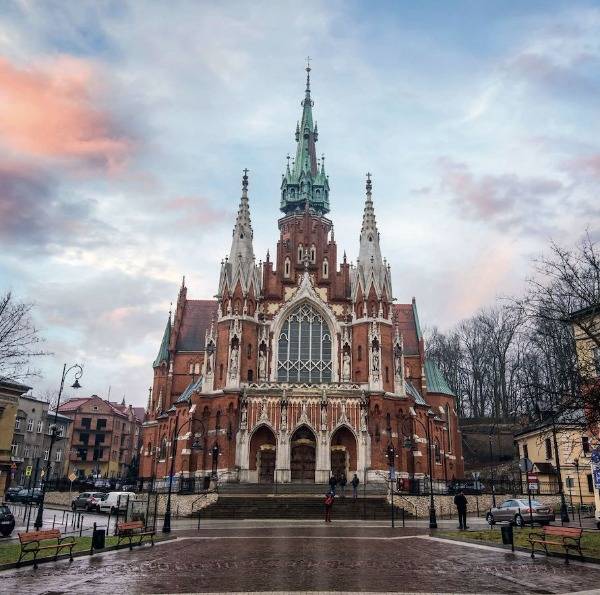The intellectual climate in the Netherlands has changed since the murder of Theo van Gogh last November: his assassination and the numerous death threats to politicians and opinion-makers is endangering freedom of speech. Many opinion-makers now refrain from criticising Islam for fear of violence because even though the actual number of Muslim fundamentalists willing to use violence to silence criticism is very small, they do have an enormous influence on the debate. The murder of van Gogh and the debate on his film Submission also made the usthem opposition sharper. Many Muslims feel discriminated against. Young people complain that they are not admitted to night clubs. Night club owners admit that they won't admit immigrant boys, because they do not behave properly towards girls. Similar problems occur in other areas of public life, from going to swimming pools to getting an internship or a decent job.
This leads to a downward spiral. Many Muslims identify with their religion or home land, not with liberal democratic Dutch citizenship or humanist cosmopolitanism, and their integration into Dutch society is often superficial, despite active government policy.
It is not 'politically correct' to say that there is a clash of civilizations. This clash concerns fundamental issues, such as the open society, the freedom of speech, the church/state separation, critical media, and the equality of women, Jews, homosexuals, atheists, and apostates. It is about how an open society should react when a minority demands tolerance of intolerance, like the circumcision of girls, or discrimination against homosexuals.
A rational critique of religion and the problems of integration in the Netherlands is hindered by at least three factors: First, there is irrationalistic (Islamic) fundamentalism. Then there are the liberal Muslim spokesmen who appear in the media. While they do not preach violence, they do oppose anyone who criticises their belief and tradition. This group includes many welleducated Muslim women who argue that Islam is a feminist religion of peace and understanding and that they wear their headscarf by autonomous choice to express their identity. Finally, there are the postmodern intellectuals with relativistic inclination, who attack anyone who criticises religion and the multicultural ideal. Add to these the multicultural policy adopted by the state, concerned mainly with trying not to hurt anyone's feelings and "keeping things together", to quote the mayor of Amsterdam, Job Cohen.
The buffer created by liberal Muslims and postmodern, relativistic, multicultural intellectuals between irrationalistic fundamentalism and rational criticism has made it all but impossible to debate the issue of whether liberal democratic citizenship is compatible with a religious fundamentalist attitude. Repeated calls for selfcensorship, so as not to hurt religious feelings, are endangering the open society.
In the last few years the strongest criticism of Islam has come from humanist philosophers such as Paul Cliteur and Herman Philipse, MPs such as the liberal party Ayaan Hirsi Ali and the rightwinger Geert Wilders, and of course radical opinionformers like Theo van Gogh. Only van Gogh has been murdered, but many have received death threats and are under police protection. Even a liberal Muslim alderman of Amsterdam now lives in fear of his life for publicly criticising Islam.
In an open society the state should have the monopoly of violence and in return must guarantee freedom of speech. The easy availability of firearms (both Fortuyn and van Gogh where murdered with guns) has put into question the state's monopoly of violence. It is perhaps time to ask whether this could become an issue throughout the European Union: simply finding and arresting violent Islamists is not enough. To really tackle the problem it's necessary to reduce the number of firearms, stop government financing of religious organisations and schools, and encourage continuous rational debate about unreasonable discrimination and violent fundamentalism.
The murder of van Gogh, more than the murder of Pim Fortuyn, is the end of innocent debate. People now think twice before publicly criticising Islam, precisely at a time when it would be the best if as many people as possible spoke out. Sadly, organised humanism in the Netherlands does not currently play a significant role in the discourse over Islam. Many Dutch humanists have a postmodern inclination towards 'small humanism', and an agnostic stance rather than an atheistic one. These humanists take Islam to be an equal partner in dialogue, thinking that Islam can be reconciled with humanist tenets such as individual autonomous choice, rational inquiry, equality of men and women, emancipation of homosexuals, and sexual liberation. Their unwillingness to acknowledge the dangers of fundamentalist Islam is creating a wall of silence that needs to be overcome.

